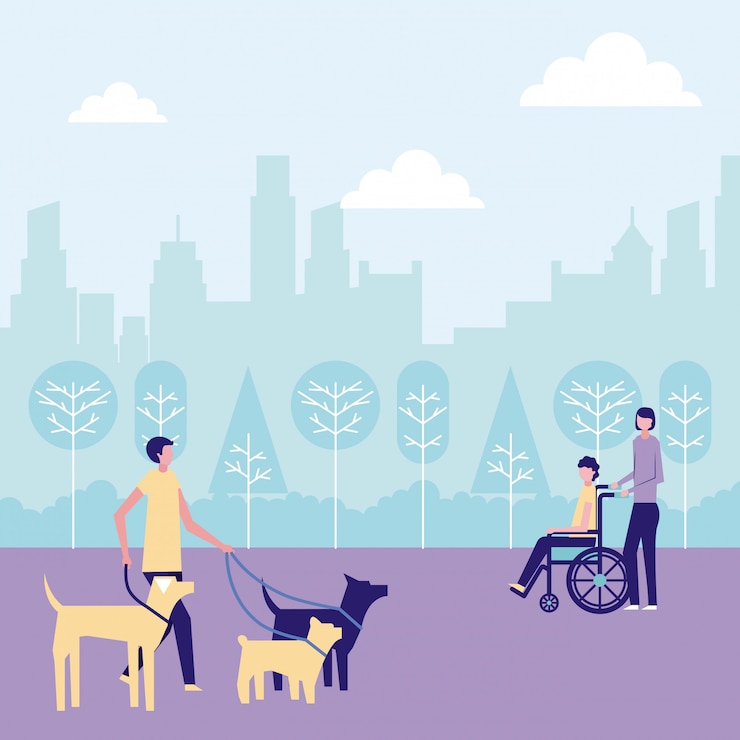
In July, we’re shining a spotlight on the world’s most stunning and unique beaches and islands. As many travelers are finally able to embark on the beach vacations they’ve had to postpone for over a year, there’s no better time to celebrate the breathtaking coastlines and tranquil waters that feature in our dreams. Immerse yourself in our articles to discover lesser-known beaches for your next getaway, learn about a Spanish community’s efforts to protect its coastline, explore an ultra-exclusive Hawaiian island you might not have heard of, and pick up essential beach hacks recommended by experts.
The feel of golden sand between your toes, the gentle ebb and flow of blue waters, and the distant cries of seagulls tell you you’ve truly arrived at a beach—the allure is undeniable. Beaches offer more than just an escape from daily life; they embody peace and relaxation. However, over the years, some beach towns have become special retreats for particular communities, such as Black and queer individuals.
Oaks Bluff in Massachusetts has long been known as the “summer retreat for the African-American elite,” historically one of the few places where affluent Black people could vacation at the beach. Meanwhile, destinations like Ibiza in Spain, Mykonos in Greece, and Fire Island in New York have garnered reputations as queer-friendly beach havens, particularly appealing to muscular cisgender gay men. Although these glamorous spots provide sanctuary for many, they don’t fully express the diverse ways Black, queer, and Black queer individuals find solace, refuge, and retreat in beach towns.
The key to understanding how these communities relate to their sandy retreats is recognizing that the sense of safety and acceptance doesn’t solely depend on the location itself. Lauren, a queer Londoner who frequents beaches like Brighton and Hove, Margate, and Broadstairs, expressed, “The sanctuary element is more about the experiences and indulgences the place offers, rather than its inherent welcoming nature.” She continued, “It’s a sanctuary because my queer friends and I escape London, find joy, and rejuvenate.”
Lauren’s girlfriend, Hannah, a local from Hove, grew up outside Brighton, the UK’s unofficial gay capital. She didn’t perceive Brighton as queer-friendly during her teenage years but has seen it evolve recently. “It felt mostly heteronormative and sometimes homophobic,” she recalled, an experience likely intensified by being mixed-race.
Many seaside towns in the UK maintain conservative political and cultural landscapes, which can pose challenges, especially for Black queer trans individuals. “Even in Brighton, if you’re seen as flamboyant, you can face issues,” Lauren explained. It’s understandable why this couple, like many queer people, choose to cultivate their personal sanctuary within Brighton and Hove or different beach towns, rather than relying solely on the location.
For some, part of the appeal is reclaiming spaces that haven’t historically been welcoming. The UK’s 2011 Census shows that 98 percent of Black Britons in England live in urban areas, implying that exploring beach towns is more of an exclusive luxury than an accessible adventure.
Audrey, a 24-year-old Black woman in Southend, east England, described the change she made for herself. “There’s something peaceful and calming about the water and beach. You can’t find this tranquility in a city like London,” she shared. “Black women my age are drawn here for the chance to ‘try again,’” seeking identity beyond the city’s hustle and bustle.
Lee, a Black psychologist, finds solace in Lytham St. Annes in northwest England. He detailed, “It’s very open, away from the confined urban areas most of us inhabit. It fosters a welcoming community and has always been progressive, attracting those who’ve faced discrimination.” He emphasized the leisurely pace allows reflection and creates acceptance.
Noémie, a mixed-race Black woman in Barcelona, enjoys a chilled lifestyle, saying, “Living by the sea focuses on enjoying life, not the rat race.” She notes Barcelona feels like a transit city, attracting diverse people and possibly less overt racism. However, she believes Spain needs progress in race relations.
Jess, a mixed-race Black queer creative in Barcelona, believes in the community found at famous queer beaches. After moving last year, she started Black Skate Crew with friends at the beach. “For relaxed beach days, we head to Mar Bella, known as the gay beach,” Jess shared. “Being able to tan topless or nude without judgment is liberating.”
Ultimately, the reasons Black and queer people seek breaks from city life come down to finding relief from societal challenges. The sanctuary offered by beach towns relies not just on the physical location, but on the supportive communities cultivated there. The landscape provides a base for a different lifestyle—but the community truly solidifies it.


